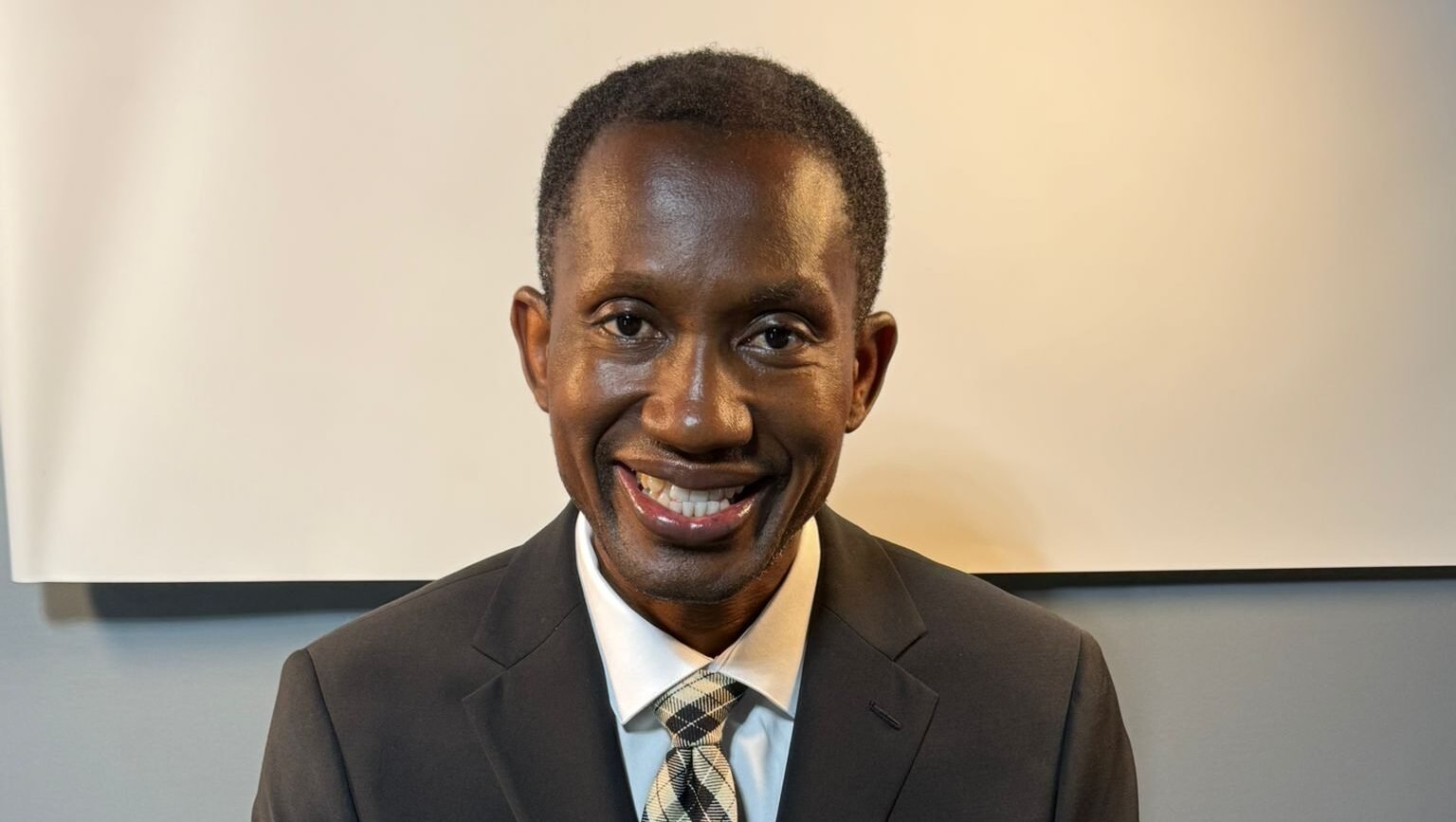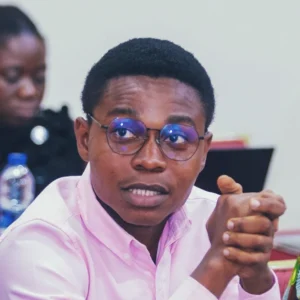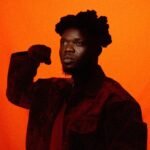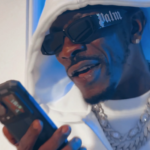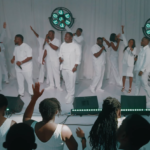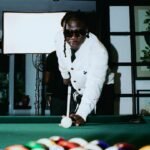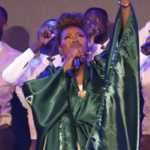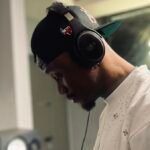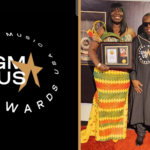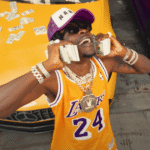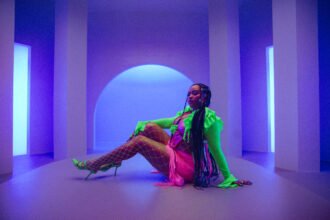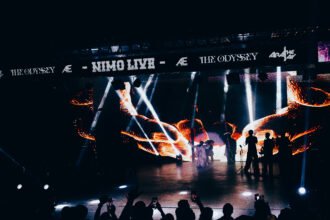The early 2000s represented a watershed moment in Ghanaian music history, when hiplife evolved from an underground movement into the dominant cultural force that would define a generation. That period, widely accepted as the golden era, produced acts whose songs became part of everyday life—yet many of those names have faded from the broader history conversations. The spotlight rarely circles back to them, even though their impact remains woven into the fabric of Ghana’s music story.
During this golden era, artists like Emmanuel Oduro—known then simply as Mr. Oduro—emerged as permeating voices in a scene that was rapidly transforming Ghana’s musical landscape. His breakout hit “Abiba” became emblematic of the period’s creative energy, showcasing the genre’s ability to blend traditional Akan sensibilities with contemporary hip-hop production.
While the hiplife movement is often celebrated in broad strokes, the individual stories of artists like Dr. Oduro—who has since earned a doctorate in pharmacy and relocated to the United States—remain largely untold. Their contributions risk being overshadowed by more recent commercial successes, creating gaps in our understanding of how hiplife developed its distinctive character.
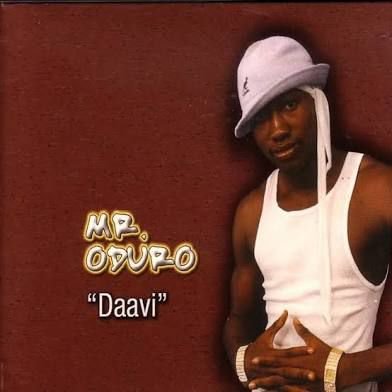
Dr. Oduro’s journey from a pharmacy shop worker to hiplife sensation to now a Doctor of Pharmacy represents not just a personal transformation, but a window into an era when artistic success was measured differently.
We at Ghana Music spoke to Dr. Oduro about his years in Hiplife, the shift to healthcare, and how creativity continues to shape his life.
GM: Who was Mr. Oduro before the music, and how did you get into music?
Dr Oduro: Emmanuel Oduro, a hiplife artist without a producer. A former worker in a drugstore/pharmacy shop and a student. I was a poetry reciter for my school starting in class 4. I was a school prefect. I started listening to rap music at age 12. All these, I believe, had the impact.

GM: You had a sensational run in the 2000s. What was it like to be an artist emerging in the golden age of Hiplife?
Dr. Oduro: It felt so great. You got a lot of love, recognition, and respect.
GM: What did “popularity” mean to you then, as a young artist in the spotlight? How did it impact your daily life and your creative process?
Dr. Oduro: Popularity was great. Popularity gave me a feeling that my talent has been accepted by the masses. It challenged me to put up good behavior wherever I go as eyes are watching. I was motivated to be more creative.
GM: How would you describe the music community in Ghana during your breakout years?
Dr. Oduro: The music community was good. But there were not enough media platforms to showcase your talents as there are today.
GM: At some point, you took a step back from music. What was the turning point for you? What prompted that decision to take a hiatus?
Dr. Oduro: I decided to go back to school. One of my passions was to help people with their medication therapy.
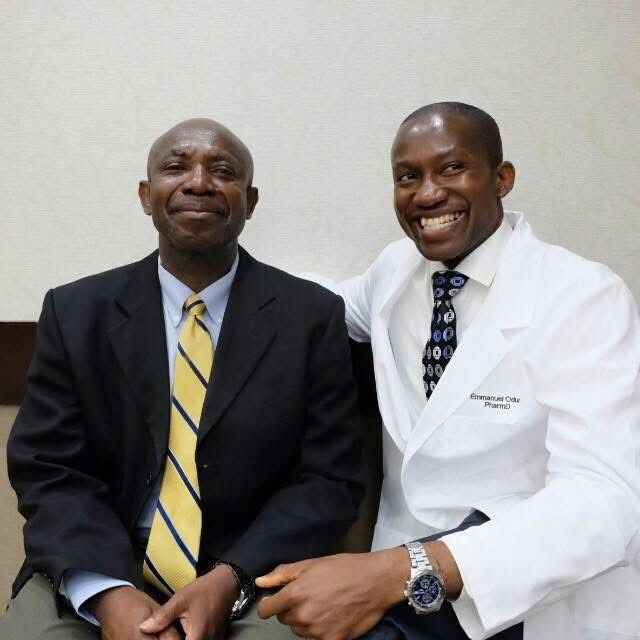
GM: Earning a doctorate in pharmacy is no small feat. What inspired you to choose that path?
Dr. Oduro: People in Kwadaso Kumasi know me as the boy who worked at the drugstore. I have realized discipline and hard work can help one achieve their dreams. My dream was to earn a doctorate in the profession.
GM: How challenging was it to transition from the world of music to the rigorous demands of a doctorate program, especially after having a taste of fame?
Dr. Oduro: It was no big deal for me. It was my dream to earn the degree. Luckily I got the opportunity to pursue it, and all I had to do was to nail it.
GM: Currently, you’ve been sharing poetry and health tips online. What inspired this form of expression?
Dr. Oduro: I have merged my talent with my education to help the public. I promote health and discipline. I uplift as well.
GM: Do you see yourself putting out new music or blending your creative sides with your current work?
Dr. Oduro: Yes, I actually do. I mean, the creative never left me, so for me it’s just a matter of time for me to put it out.
GM: What’s one thing you think artists from your era had that’s missing today and vice versa?
Dr. Oduro: Both generations have done well. It’s just different times. During our time, you had a few options to showcase your talent. Currently, there are several media platforms for one to promote their talents
GM: Do you still follow today’s Ghanaian music scene? Any current acts you admire?
Dr. Oduro: Yes, I do. There are several artists that I admire. But due to lack of space and time, I will mention a few I keenly listen. There’s Black Sherif, King Promise and then Kwami Eugene.






